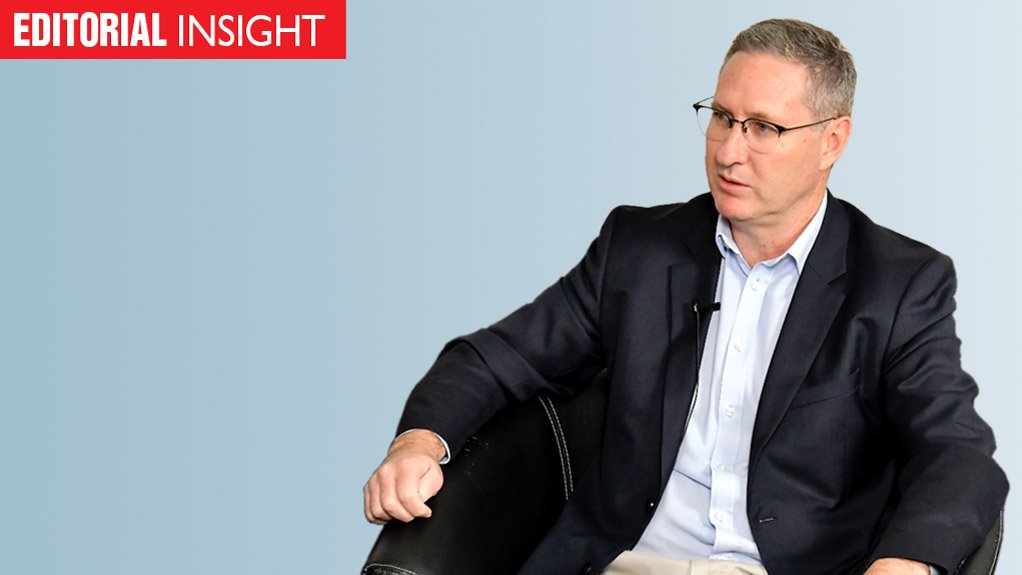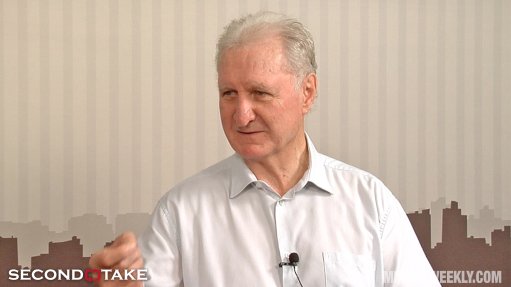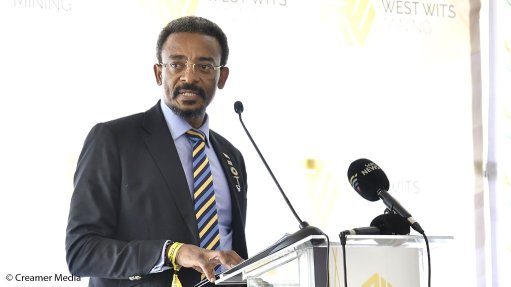Time to act
The return of load-shedding, together with what is a truly dire prognosis for system stability, should surely have been the wake-up call government required to finally begin implementing its very own Integrated Resource Plan 2019 (IRP 2019).
Instead, the only indication that the Department of Mineral Resources and Energy (DMRE) is even slightly alive to the crisis is the issuance of a Request for Information (RFI) for emergency supply solutions.
The RFI in itself is not a problem, as the IRP 2019 does include an open-ended allocation for the period 2019 to 2022 that will be determined by “the extent of the short-term capacity and energy gap”.
The immediate gap is estimated in the document to be between 2 000 MW and 3 000 MW, but could increase to 5 000 MW should Eskom decide, later this month, to pursue a new maintenance philosophy that increases the number of units out for planned outage so as to address the steep rise in unplanned breakdowns.
The problem with the RFI is that it is being pursued in isolation from the rest of the IRP 2019 and is potentially distracting from and delaying the implementation of sensible, low-cost and least-regret solutions.
Despite including some expensive policy adjustments, such as imported hydro, Eskom batteries and forced-in private coal, the IRP 2019 still offers a rational roadmap forward. Therefore, if the DMRE were truly serious about tackling the crisis, it would be moving to implement it.
Practically, that would mean not only the Risk Mitigation Power Procurement Programme, which should flow from the RFI responses, but also the immediate release of bid documents for the next round of renewable- energy procurement, as well as the gas-to-power programme.
Likewise, the department could announce an immediate moratorium, at least until 2022, on the regulatory constraints still blocking some 2 000 MW of capacity that private enterprises and households are willing to build and finance.
What is no longer acceptable is for the department to look primarily towards Eskom and the Department of Public Enterprises for a way out of this predicament. If it continues to do so, the crisis will endure for far longer than would otherwise be the case, with devastating consequences for the economy.
Terence Creamer | Editor
Article Enquiry
Email Article
Save Article
Feedback
To advertise email advertising@creamermedia.co.za or click here
Press Office
Announcements
What's On
Subscribe to improve your user experience...
Option 1 (equivalent of R125 a month):
Receive a weekly copy of Creamer Media's Engineering News & Mining Weekly magazine
(print copy for those in South Africa and e-magazine for those outside of South Africa)
Receive daily email newsletters
Access to full search results
Access archive of magazine back copies
Access to Projects in Progress
Access to ONE Research Report of your choice in PDF format
Option 2 (equivalent of R375 a month):
All benefits from Option 1
PLUS
Access to Creamer Media's Research Channel Africa for ALL Research Reports, in PDF format, on various industrial and mining sectors
including Electricity; Water; Energy Transition; Hydrogen; Roads, Rail and Ports; Coal; Gold; Platinum; Battery Metals; etc.
Already a subscriber?
Forgotten your password?
Receive weekly copy of Creamer Media's Engineering News & Mining Weekly magazine (print copy for those in South Africa and e-magazine for those outside of South Africa)
➕
Recieve daily email newsletters
➕
Access to full search results
➕
Access archive of magazine back copies
➕
Access to Projects in Progress
➕
Access to ONE Research Report of your choice in PDF format
RESEARCH CHANNEL AFRICA
R4500 (equivalent of R375 a month)
SUBSCRIBEAll benefits from Option 1
➕
Access to Creamer Media's Research Channel Africa for ALL Research Reports on various industrial and mining sectors, in PDF format, including on:
Electricity
➕
Water
➕
Energy Transition
➕
Hydrogen
➕
Roads, Rail and Ports
➕
Coal
➕
Gold
➕
Platinum
➕
Battery Metals
➕
etc.
Receive all benefits from Option 1 or Option 2 delivered to numerous people at your company
➕
Multiple User names and Passwords for simultaneous log-ins
➕
Intranet integration access to all in your organisation




















